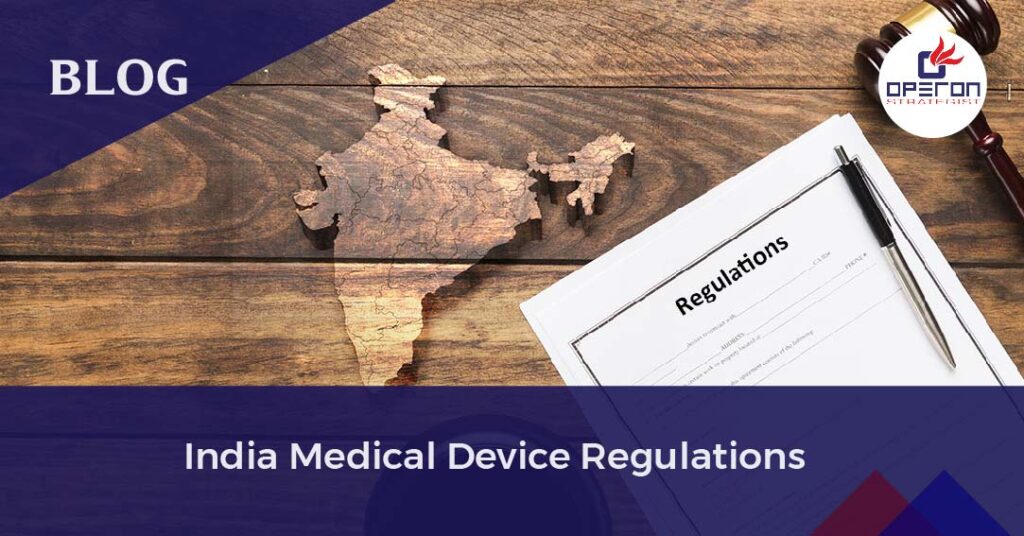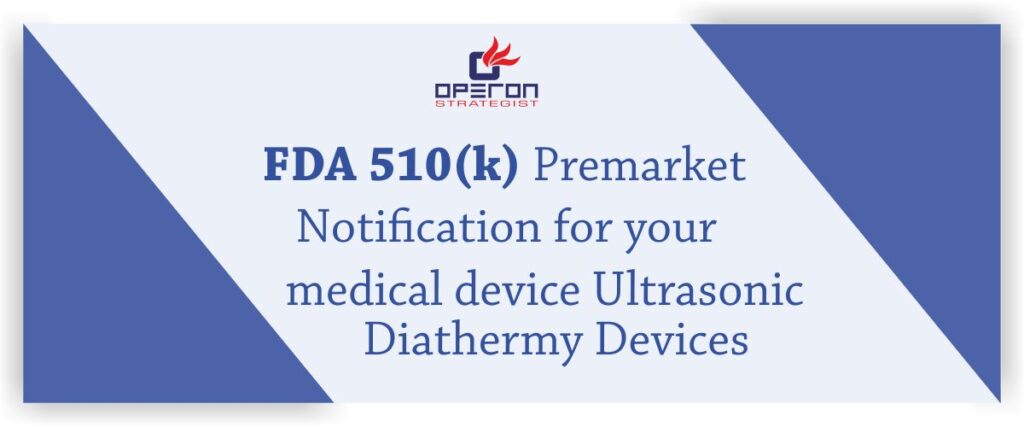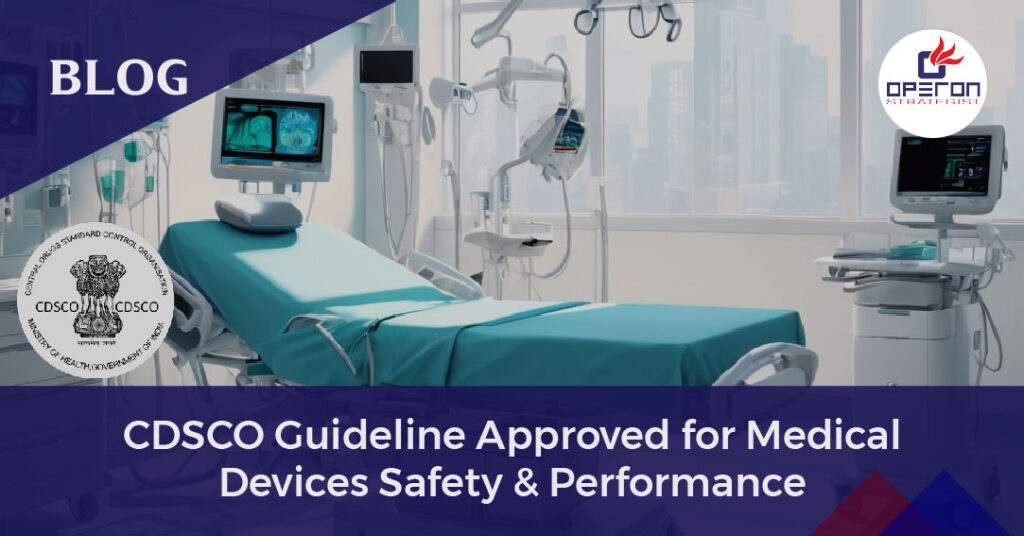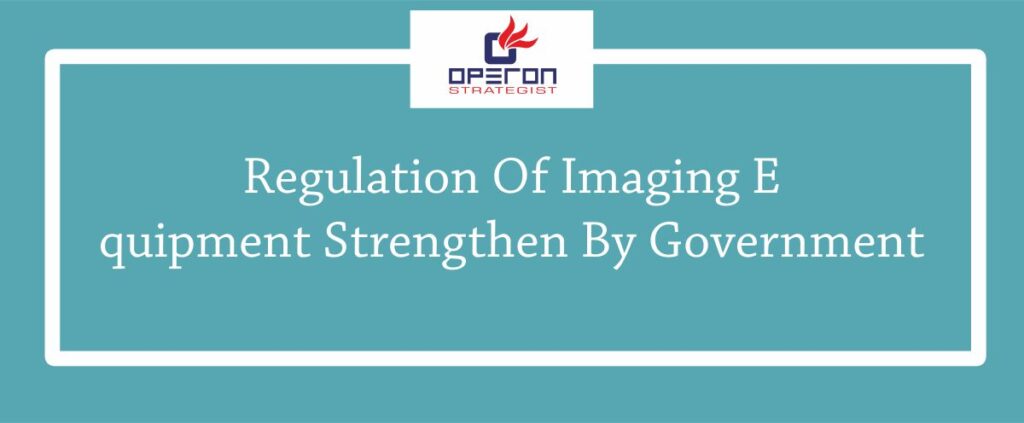In recent years, India’s medical device regulations have become more complex. Previously, many devices didn’t require approval, but today, approximately 30 device “families” specify which devices must be registered. India’s medical device market offers opportunities for global manufacturers, as most devices are imported. Growth in this industry is driven by low per capita spending on medical devices.
To register devices in India, manufacturers must prove approval in their home market and obtain a CDSCO manufacturing license. Prior authorization in countries like the US, Canada, Europe, Australia, or Japan can ease regulatory requirements. Technical documentation must be submitted for CDSCO review, and all manufacturing facilities must be registered.
Historically, medical devices in India were largely unregulated, but this changed with the introduction of the Medical Devices Rules 2017. As of April 1, 2020, new regulations cover almost all medical devices sold in India, mandating compliance with ISO 13485 standards, regardless of their source of manufacture.
Looking for India Medical Device Regulations?
Let’s have a word about your new project.
India Medical Device Regulations
The Indian medical industry is in focus due to the COVID-19 pandemic and the consequent increase in demand for test kits, ventilators and other medical equipment. The Medical Device Rules, 2017 (the Rules) under the Drugs and Cosmetics Act, 1940 (the Act) govern the Indian medical device industry. These Rules came into effect on January 1, 2018.
The Rules are Applicable in Respect of:
- Substances used for In-vitro diagnosis and surgical dressings, surgical bandages, surgical staples, surgical sutures, ligatures, blood and blood component bag with or without anticoagulant covered under sub-clause (i) of section 3(b) of the Act;
- Substances including mechanical contraceptives (condoms, intrauterine devices, tubal rings), disinfectants and insecticides notified under sub-clause (ii) of section 3(b) of the Act;
- Devices notified from time to time under sub-clause (iv) of section 3(b) of the Act
The government had notified 37 categories of devices under the sub-clause (iv) Section 3(b) of the Act for stricter regulation under the Rules.
The devices which did not come under the notified categories earlier required a ‘no objection certificate’ from the Drugs Controller General of India (DCGI). However, a notification issued by the Government on February 11, 2020 which came into effect on April 1, 2020 has made it mandatory to register all devices and provided a new procedure for the same. On the same date government vide another notification amended the definition of medical devices which also came into effect on April 1, 2020.
Who Approved Medical Equipment in India
The Central Drug Standards Control Organization (CDSCO) is India’s main regulatory body for pharmaceuticals and medical devices.
The Drug Controller General of India (DCGI) is the key official within the CDSCO. The DCGI is responsible for the approval of the manufacturing of certain drugs (vaccines, large volume parenteral, blood products, r-DNA derived), specific medical devices, and new drugs.
In India, the manufacturing, import, sale, and distribution of medical devices are regulated under India’s Drugs & Cosmetic Act and Rules (DCA).
Regulated medical devices imported from outside of India that have obtained prior approval in the U.S., the European Union (EU), Canada, Japan or Australia may legally be sold in India by submitting the application and getting necessary license which lead to limited conformity assessment process.
In such cases, device registration applicants must submit all documentation used in support of prior approvals with their application. Foreign manufacturers must also appoint an importer holding a valid wholesale license, and who is responsible for submitting an India Medical Device Regulations application and dossier to the CLA.
India’s Medical Device Quality Regulation
The standards of quality and safety of medical devices are regulated in India by a law called The Drugs and Cosmetics Act, 1940 (“DCA”). The scope of DCA is restricted to only those medical devices which are notified by the Government from time to time as “drugs” (commonly referred to as “notified medical devices”).
The notification of the new (and comprehensive) definition of medical device has brought finality to the issue of regulation of all medical devices that has haunted the government and Indian consumers for a long time. The Government has now given sufficient time for the industry to adopt ISO 13485 and obtain registration for hitherto unregulated medical devices. Now, the onus is on the industry to do its part and reinforce the belief of the Indian consumer and the international community in the quality and safety of medical devices sold in India.
Role of Operon Strategist
By offering these comprehensive services, Operon Strategist plays a crucial role in ensuring that medical device manufacturers and importers can successfully navigate the regulatory requirements in India, facilitating market access and compliance.
As a medical device regulatory consultant we have provided our assistance to more than thousands of manufacturers and they are very happy with the results. Call us for more information.





